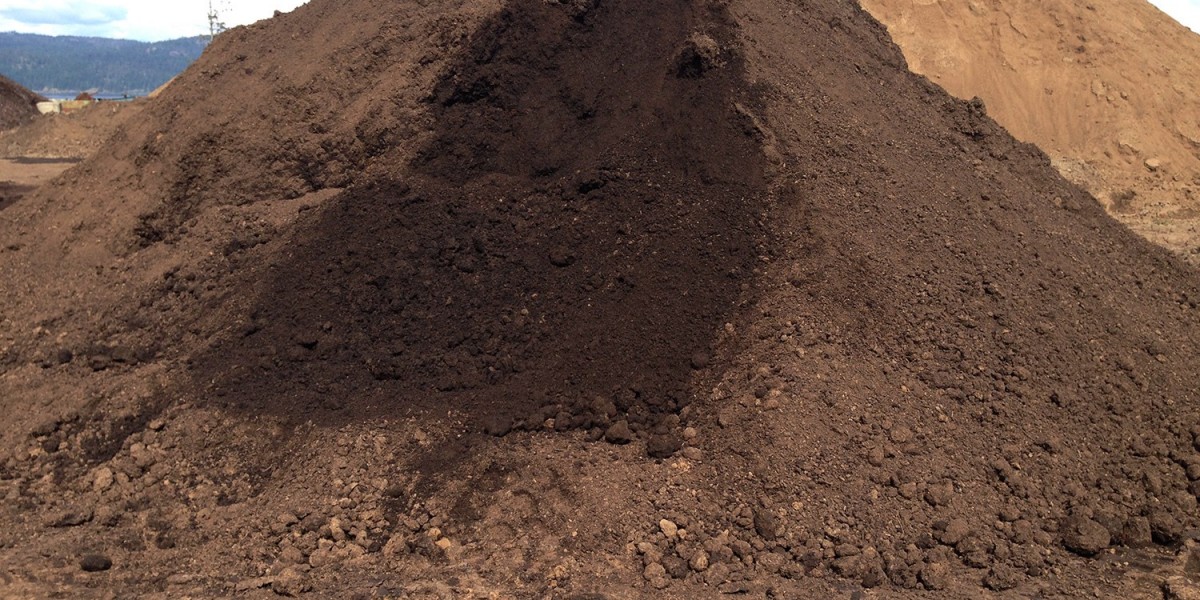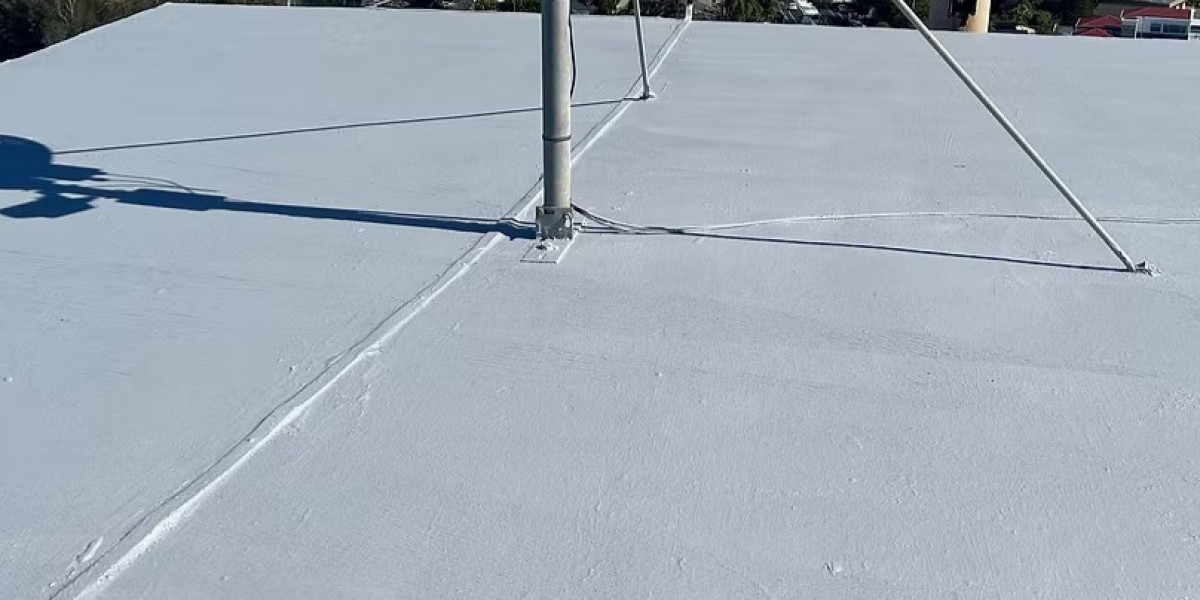When starting a construction project, the foundation is arguably the most important aspect. But what many people don't realize is that the foundation isn't just about the concrete or steel used – it's deeply impacted by the soil quality underneath. Whether you're building a home, commercial building, or any other structure, the soil type and its condition can affect the entire project. In this article, we'll explore why soil quality matters so much and how proper planning can save you from costly mistakes down the road.
Understanding Soil Types and Their Impact on Construction
Every construction project begins with assessing the land where it will be built. The soil on that land can vary widely. From sandy soil to clay, from loamy soil to rocky ground – each type of soil behaves differently under weight and moisture conditions. So why does this matter?
Soil affects the overall stability and durability of your structure. For instance, clay soil can expand when wet and shrink when dry, leading to foundation shifts that cause cracks in walls or floors. Conversely, sandy soils, though generally stable, might shift or erode under heavy rain or groundwater seepage.
Here’s a breakdown of some common soil types:
- Clay Soil: Expands and contracts with moisture changes, which can lead to foundation issues.
- Sandy Soil: Loose and prone to erosion, but good for drainage.
- Loamy Soil: Ideal for plant growth and construction as it holds moisture and drains well.
- Rocky Soil: Stable but may require specialized equipment for digging and laying foundations.
When planning your construction, knowing your soil type allows you to make informed decisions about the best foundation type, drainage solutions, and structural integrity needed to ensure long-term stability.
The Importance of Soil Testing
Before any construction project, soil testing should be one of your first steps. This test will evaluate the soil's composition, load-bearing capacity, and moisture content. Understanding these factors can help you decide what kind of foundation will work best and how to manage potential risks like water drainage or soil instability.
In many areas, local building codes require specific types of soil tests to ensure safety and compliance. These tests will reveal:
- Bearing Capacity: How much weight the soil can support without shifting.
- Moisture Content: Whether the soil can maintain stability or will swell or shrink with moisture fluctuations.
- Soil Composition: The mix of sand, silt, and clay that affects drainage and stability.
Once you know the results, you can proceed with the right approach to strengthening the foundation and preventing long-term issues like uneven settling or cracking.
Topsoil and Its Role in Construction Projects
Topsoil is often overlooked in large construction projects, but it plays a crucial role in the initial stages of land preparation. If you're planning on building a garden, landscaping, or laying the first layers of foundation, high-quality topsoil can make all the difference.
Topsoil is the uppermost layer of soil, rich in nutrients, organic matter, and microorganisms that are essential for plant growth. For construction, topsoil is often stripped away before the actual building begins to expose the subsoil. This is important because the topsoil layer can be unstable for heavy structures. However, in some areas, topsoil can improve soil composition and drainage if mixed with other materials like sand or gravel.
For projects in areas like Courtenay, BC, sourcing quality Topsoil Supplier in Courtenay, BC ensures you get the best soil for landscaping or temporary purposes before more permanent foundations are laid.
The Consequences of Poor Soil Management in Construction
When soil quality isn't properly addressed, it can lead to significant problems throughout the life of the structure. Here's how poor soil management can impact your project:
- Foundation Shifting: If the soil isn’t properly compacted or prepared, it can shift under the weight of the building. This can cause the foundation to crack or settle unevenly.
- Water Damage: Soil that doesn’t drain well can lead to water pooling around the foundation, weakening its integrity. Over time, this can result in mold, rust, or erosion.
- Increased Construction Costs: Improper soil management often leads to delays, additional materials, or the need for more expensive construction techniques. The longer you wait to address soil issues, the higher the cost.
By proactively addressing soil conditions, you can mitigate these risks, saving both time and money in the long run.
Conclusion
In construction, soil quality is just as important as the building materials you use. Whether you're working on residential or commercial projects, taking the time to assess and prepare your land with the right type of soil and testing will set you up for long-term success. From ensuring your foundation is stable to avoiding costly repairs down the line, understanding soil is a vital part of any construction project.
Don't overlook this foundational aspect – quality soil will help your structure stand the test of time. And if you're in need of topsoil for landscaping or foundation preparation in Courtenay, BC, consider reaching out to a reliable Topsoil Supplier in Courtenay, BC for the best local materials.








